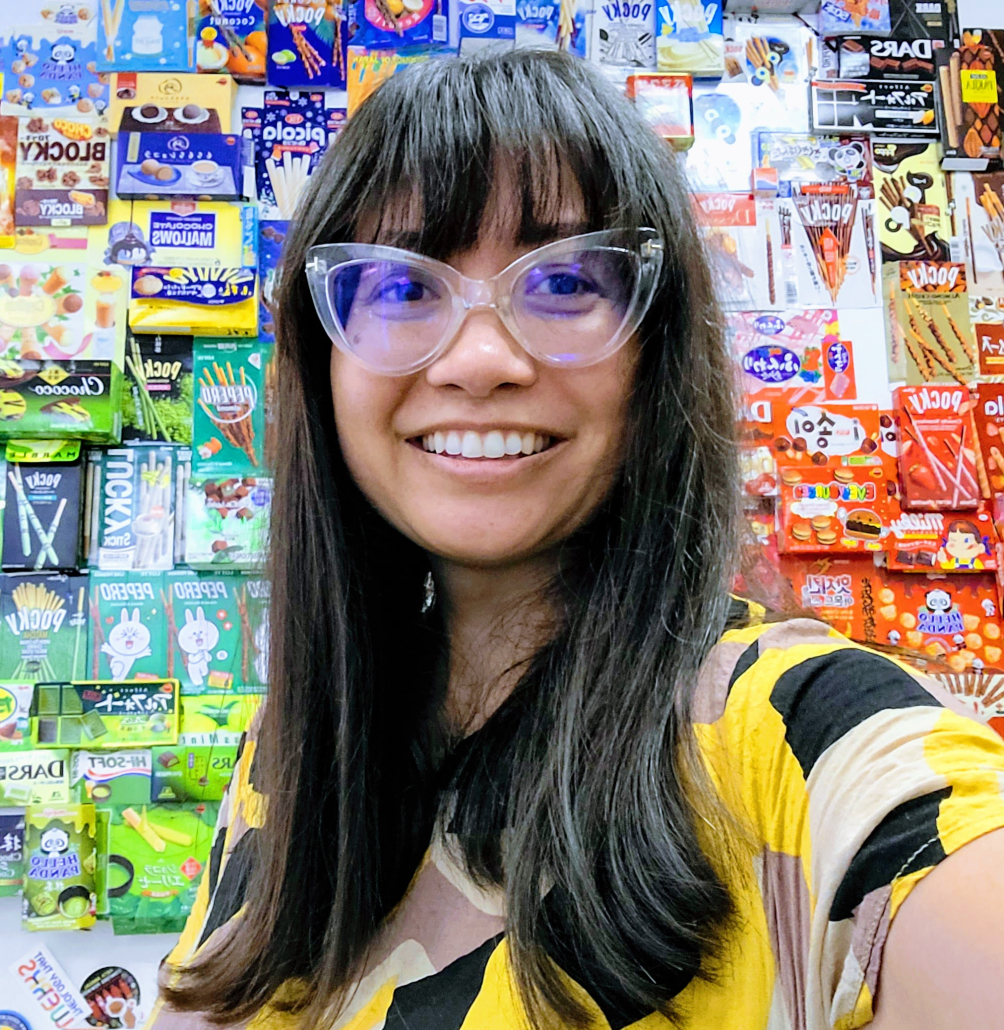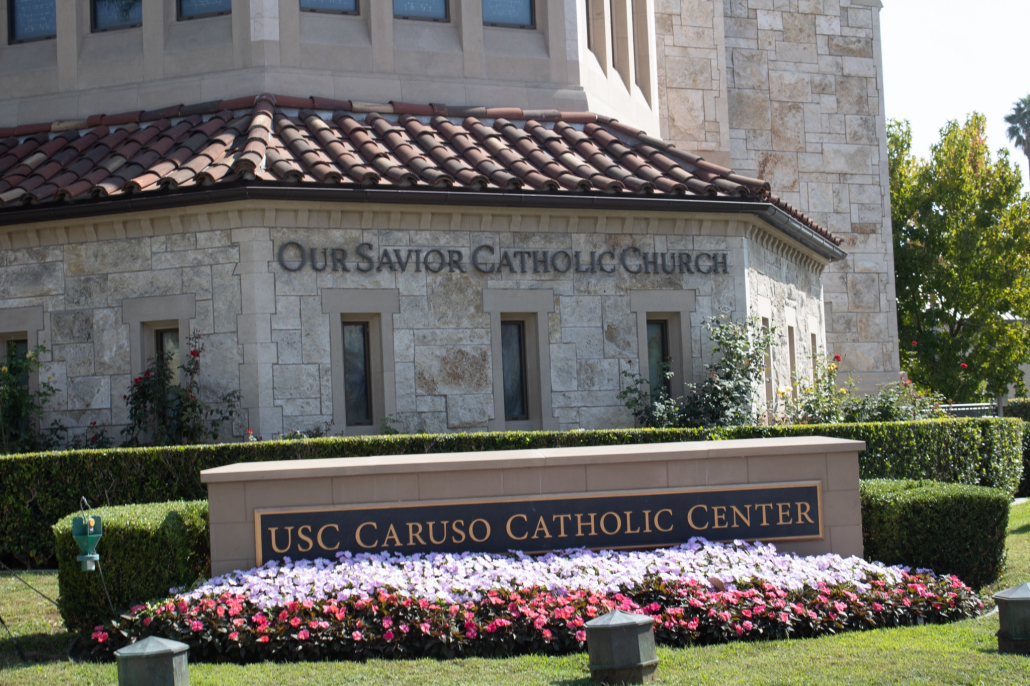Religious Life Associate Dean fosters spirituality

Vanessa Gomez Brake, the associate dean of religious life at USC, is the first humanist chaplain to be a chief religious and spiritual leader at a United States university.
In her position, Gomez Brake provides oversight for all religious and spiritual offerings on campus. She describes her title as a humanist chaplain to mean seeing the world as an opportunity to bring about “good in our lives” and in others.
According to Dean of Religious Life Varun Soni, about 50% of the student body is not affiliated with a religion, and Gomez Brake works to spread the message that a spiritual life is something any Trojan can have, regardless of religious affiliation.
She prioritizes bringing together a community and connection to USC through an array of religious and spiritual student organizations. Gomez Brake oversees more than 90 student religious groups and 50 religious directors, and advises Trojans through programs such as the Interfaith Council and Secular Student Fellowship, a gathering of secular students including atheists, agnostics, humanists and others.
Gomez Brake animates a community that shares the same core as religion without holding supernatural beliefs, with its main goal being to encourage good within oneself and to others. Every other Sunday, the group holds a vegan dinner at the University Religious Center in Room 108.
“There’s a bit of ritual [in SSF] because we make sure to have a meaningful connection, but then we eat together, and then we close the night by singing together,” Gomez Brake said. “Every human being needs that connection, community and ritual.“
Stephen Kim, the student leader in the Interfaith Council and a junior majoring in religious studies, said his experience working with Gomez Brake is “like having a dear friend, who is at times a fresh stranger whom you share an inside joke with.”
“[Gomez Brake] always gives you the exact right amount of space you need to fully be yourself, to explore whatever you want to,” Kim said.
Gomez Brake also works to create communities that reach beyond religious and spiritual organizations. In 2017, former President Donald Trump worked toward rescinding Deferred Action for Children Arrivals, restricting access to education for undocumented students. Though it was not in her job portfolio, Gomez Brake also led a community for undocumented Trojans to inform them of the resources USC had to offer Dreamers.
“If you’ve been accepted into this school, you are a Trojan no matter what your [citizenship] status is,” Gomez Brake said.
As a chaplain, Gomez Brake is a confidential counselor — meaning the mentorship that she offers students is strictly between her and them. She provided many Trojan Dreamers a safe, private space, and offers the same service to all students.
Gomez Brake said she “wanted undocumented students to make sure that they felt welcome, … like they belong, like this school is for them.”
“She has a lightness to her that’s just very human,” Kim said.
Varun Soni described Gomez Brake as not only a historic hire, but also a “pioneer and trailblazer.”
“[Gomez Brake] represents the future because of how creative she is with the way she brings people together for ritual and community through the different programs,” Soni said. “Anyone who goes to see her will really feel welcomed.”

Prior to her associate dean position at USC, Gomez Brake worked at the Office of Religious Life at Stanford University. There, she worked closely with student-led religious groups and led campus programming of her own. At Stanford, Gomez Brake said the Stanford Memorial Church sitting in the center of campus served as an emblem for the Christian institution. Contrarily, USC doesn’t have a church at the center of its campus, which Gomez Brake said allows for “a lot of freedom to engage in religion and spirituality on this campus.”
“Here at USC, you actually see a wide spectrum of religious practice on campus as opposed to just one,” she said. “That’s been my biggest learning [experience] in terms of being a chaplain on this campus, just being flexible enough to support everyone.”
One of the ways Gomez Brake connects with her interfaith outside of her work is through Filipino folk dancing. Prior to living in Los Angeles, she resided in the Bay Area, where she instantly found her community through folk dancing. Through her performance, Gomez Brake found herself enriching not only her bodily health but her spiritual health as well. Having performed in the White House and doing international tours, Gomez discovered the necessity for community and applied that lesson to her role as chaplain.
“You’re not just looking for your own community, you’re looking for a larger community no matter what their background is, no matter what they need,” Soni said. “[Gomez Brake] seems to exemplify that better than anyone I know.”
Gomez Brake continues to prioritize community here at USC. Her chaplaincy calls to bring together a group of people and unite them. She calls forward any Trojan, regardless of one’s spiritual and/or religious background. Her center of community at USC resides at the University Religious Center, a place where students can “just be their authentic selves.”
The University Religious Center is located between the Student Health Center an d the United House of Prayer. Gomez encourages all walks of life into this space.
“Everyone has a reason to come to the University Religious Center,” she said.

